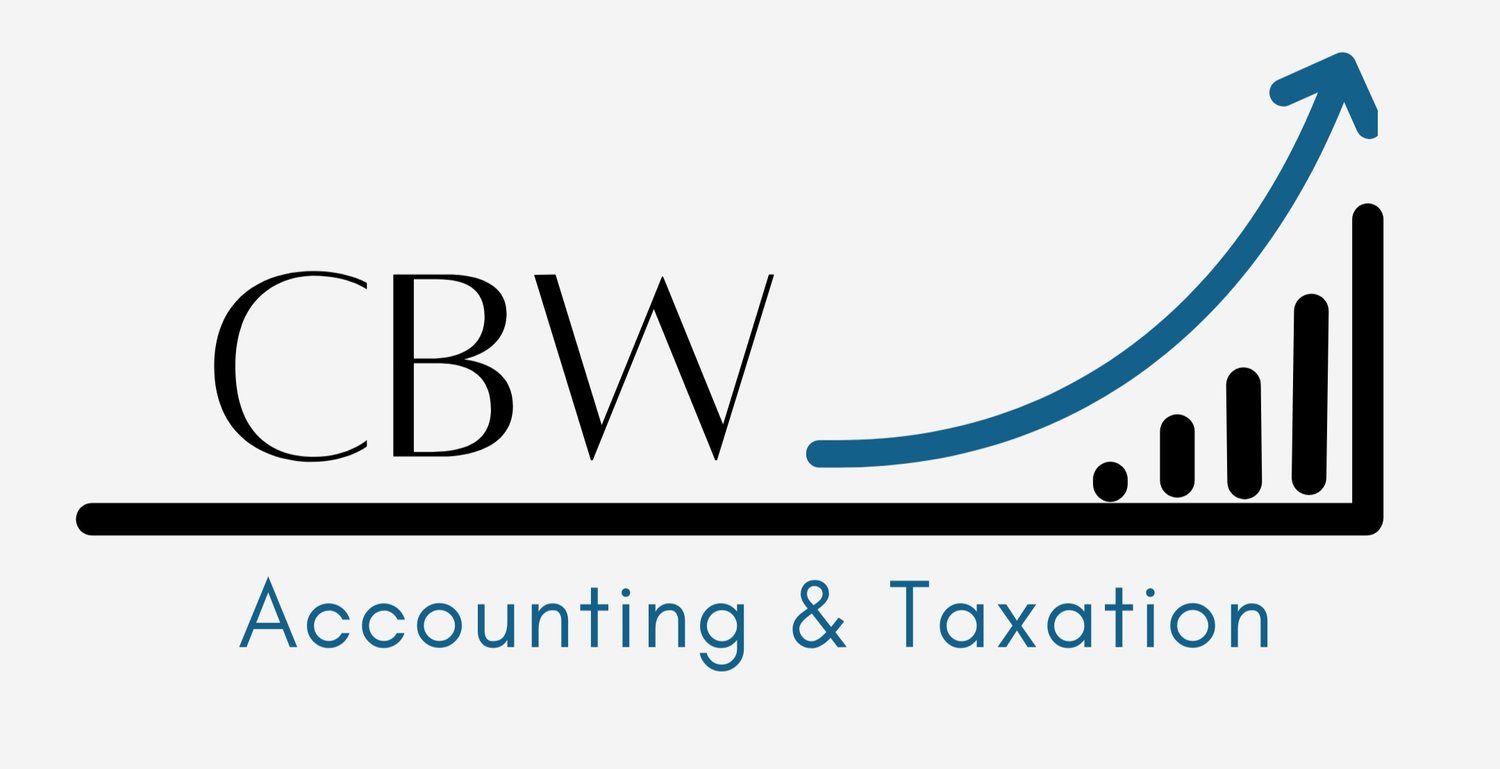How to get paid faster
How many times have you heard experts say that cashflow can make or break a small business? That’s because it’s true. At CBW Accounting and Taxation, we’ve compiled some helpful tips and options to manage customer payments for those in the trade and service industries.
Here’s our top tips in getting paid faster
Invoice daily
The most important step in getting your clients paying on time is to do your invoicing every day. Don’t leave it to the end of the week or whenever you get to it. If you take your time sending your invoices, the client will take their time paying you. They will feel you aren’t in a rush for the payment or may no longer have the funds.
Request an upfront deposit
This is even more important for a project where materials are purchased by your business for the project. An upfront deposit should include the cost of these materials at a minimum. If you are further into the project and there are payment disputes, at the very least, the material costs have been covered.
Request a small deposit when a client makes an appointment
Even a small deposit can still have a positive impact on your business. There will always be occasions where a client is unable to attend their set appointment time and at times a business needs to be understanding of this. Having cancellation policies and a deposit paid will help minimise non-attendees as people may feel that if they don’t attend, they will be financially penalised by losing their deposit. If a particular client continues to make appointments only to cancel last minute, they are probably not a great client for your business.
Progress payments or instalments
This can consist of a deposit upfront, one to two mid-project payments and a final. If any instalment isn’t received, you can place doing any further work on hold until the payment is received. In adopting this method, any materials needing to be purchased along with staff or contractor wages should be factored into these amounts.
Invoice for work completed to date
For any projects or jobs that are ongoing or the client is holding up further work to be completed, look at invoicing the client for work completed to date. Setting an amount and time limit on how long you are willing to allow a project to go on for before you invoice will give you a guide to work to for each project. For example, once a client’s invoice has reached $2000 and the project is not going to be completed in the next two weeks, the progress amount is invoiced to the client.
Outstanding invoice collection
Set up automatic invoice reminders within your accounting software. Xero does a great job of this. Automatic email reminders are sent to the client once an invoice is past the due date. These can be customised to your business requirements. A suggestion is that once an invoice is over 14 days overdue, you call the client and ask when they will be able to make payment. Make a business policy on debt collection, at what stage will you start collecting debts and by what means, email, phone call or engaging a professional debt collector. Other factors to put into your policy is we will the business accept payment by instalments or over early payment discounts.
Offer various payment options
You may have an EFTPOS machine, allow transfers directly into your bank, online payments or take payment over the phone via credit card. There are many options these days, but always look into the fees you will be incurring first before signing up. They fees vary greatly depending on the option.
Payment arrangements
Allowing clients to pay-off their invoice in stages can be positive in getting payment as long as they are making regular payments and continue to do so as per the arrangement.
We’re here to help
If you want to discuss the different options further or need help in implementing these strategies into your business, CBW Accounting and Taxation are happy to help.


